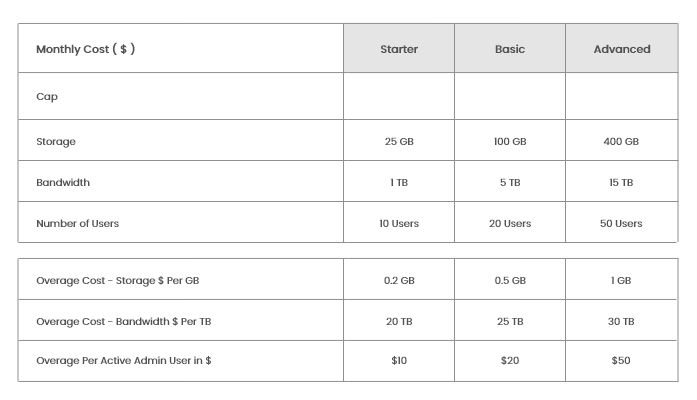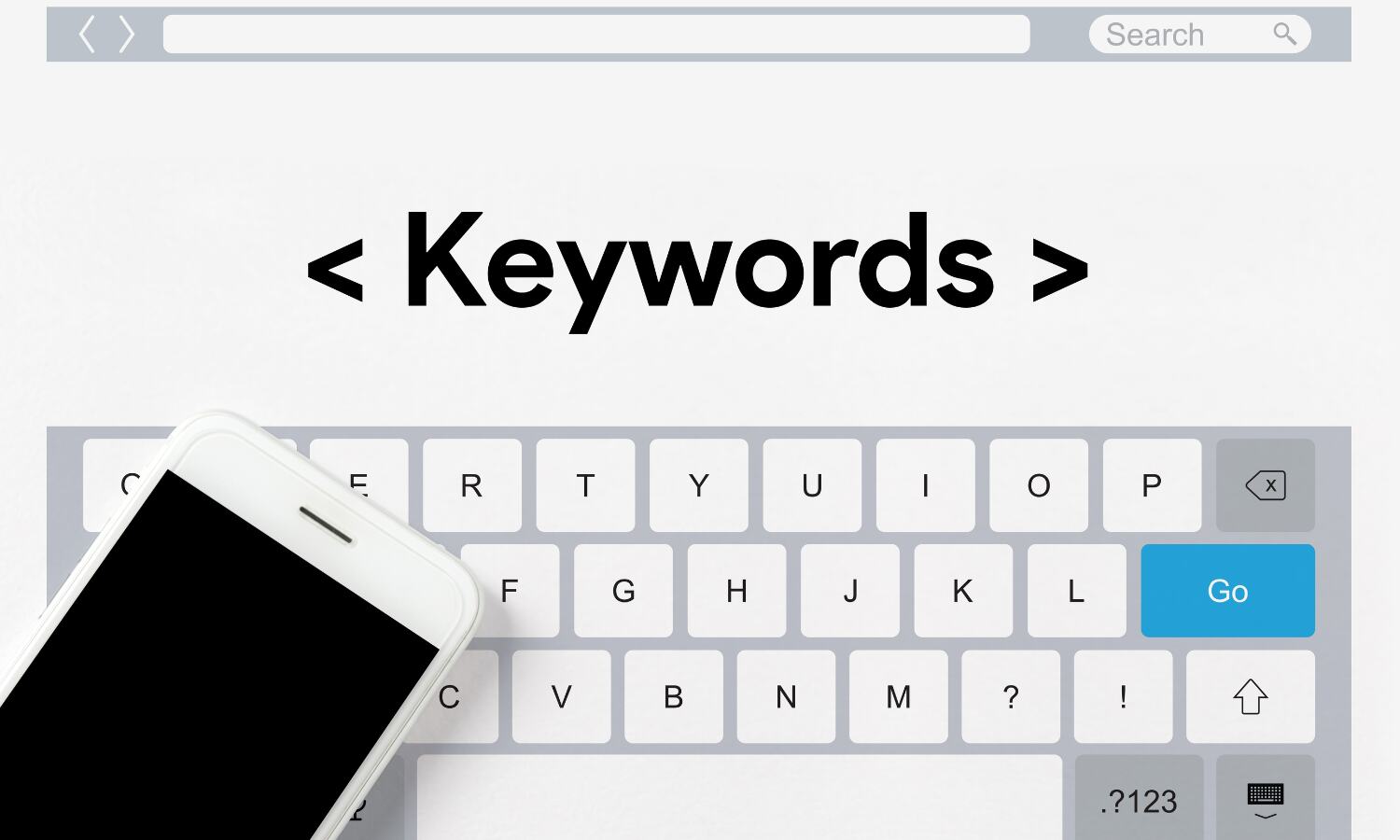



Analyzing Keywords with High and Low Search Volume
A large number of people are searching for these terms on Google...
This article explains the difference between high-volume and low-volume keywords, the benefits and drawbacks of each, and the factors that can help you decide whether to bid on a low-volume or high-volume keyword phrase in your keyword advertising campaign.
Keywords in high demand
These are search terms with a high volume of searches. In other words, a large number of people are searching for these terms on Google, Yahoo, and Bing. The keyword phrase "computer repair" is one example. According to Google Ads (formerly known as AdWords), there are 823,000 Google searches for this phrase worldwide each month.
The benefits of purchasing high-volume keywords include:
- More people will most likely see your advertisement.
- More people are likely to click on your ad.
- More people may be interested in your product or service.
The following are some disadvantages of purchasing high-volume keywords:
- Your cost per click will most likely be higher.
- More clicks equal higher costs.
- Your clicks will almost certainly be less qualified.
Keywords with low volume
These are search terms that have a low search volume. For example, "hot pink headbands" has 210 Google.com queries per month, according to Google Ads.
The following are the benefits of purchasing low-volume keywords:
- Your cost per click will most likely be lower.
- Fewer clicks equal lower costs.
- Your clicks will most likely be more targeted.
The following are the disadvantages of purchasing low-volume keywords:
- Your ad will most likely be seen by fewer people.
- Fewer people are likely to click on your ad.
- Fewer people are likely to purchase your product or service.
So, knowing these advantages and disadvantages, how do you decide which high-volume keyword phrases to bid on and which low-volume keyword phrases to bid on? The answer is that it depends on a variety of factors. These are some examples:
The actual cost per click for the keyword phrase
Even though it's a popular phrase, it's possible that no one is bidding on it. That is why I stated that high-volume keywords will almost certainly have a higher cost per click. If a high-volume phrase has a low CPC, take advantage of this golden opportunity. Also, just because a phrase has a low volume does not mean it has a low CPC.
Your intended market
You probably don't want a high-volume keyword phrase if your industry sells a highly specialized product to a small market. Only people who truly understand your product will seek you out, so use a low-volume, long-tail keyword that more accurately describes your product or service.
Consider using a higher-volume keyword phrase if you're selling something that anyone could use.
Your offering's price
If your product is relatively inexpensive, having high-volume keywords may not be worth it. Any revenue you generate will almost certainly be offset by your click costs. However, if you're selling something expensive, you're more justified in investing in a costly, high-volume phrase. You're probably making a profit if those who click convert.
The goal of your advertisements
If the main goal of your ad is to get your company's name out there, then it doesn't matter if you lose money with AdWords. The hope is that the exposure will lead to more sales down the line. Purchasing high-volume keyword phrases provide more exposure. If you want to make money right away, low-volume phrases may be your best bet.
The effectiveness of your keywords
Consider changing your strategy if certain low-volume and/or high-volume keywords are bringing you unqualified clicks or no clicks at all. Instead of focusing solely on low-volume keywords, try bidding on a few higher-volume keywords. They don't have to be prohibitively expensive—just more than you're currently paying. Check to see if those work better for you.
Hocalwire CMS handles the technical parts of keeping Large Sitemap, Indexing pages for Google, Optimizing page load times, Maintaining assets and file systems, and Warning for broken links and pages while you handle all these non-technical components of SEO for Enterprise sites. If you're searching for an enterprise-grade content management system, these are significant value adds. To learn more, Get a Free Demo of Hocalwire CMS.

